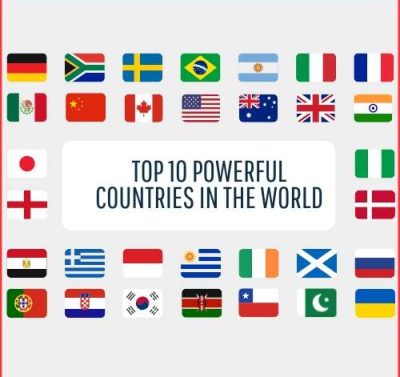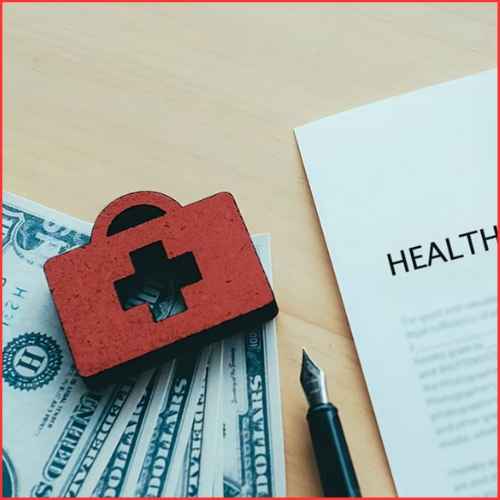According to the World Health Organization, burnout is a syndrome caused by unchecked workplace stress.
Meesho, an e-commerce startup, has announced its annual 11-day holiday from October 22 to November. With the help of the company’s “Reset and Recharge” initiative, employees will be able to disconnect from work and prioritize their mental health entirely.
Meesho stated that the 11-day break is a sign of the business’s ongoing dedication to creating a people-centric environment that genuinely cares for its employees.
“With Reset & Recharge, we’re pushing the boundaries and redefining accepted workplace practices. Employees are free to select how they want to unwind, whether it be by visiting family and friends, taking a trip, or starting a new pastime. Such proactive practices have improved our employee-centricity and given us industry-leading retention rates, according to a statement from Meesho’s top human resources officer, Ashish Kumar Singh.
But what exactly is burnout, which is a problem for professionals? Here are five things to be aware of.
Post Link:
- According to the World Health Organization, burnout is a syndrome brought on by unchecked workplace stress. Burnout has three characteristics, including emotions of tiredness or depletion of energy, a growing mental detachment from one’s work, and diminished professional effectiveness.
- According to a New York Times article, WHO classified burnout as an occupational phenomena rather than a disease and added it to the International Classification of Diseases. Clinically, depression is diagnosed.
- By conducting a systematic literature assessment of 18 studies, DC Glass and JD McKnight explored the relationship and distinction between burnout and depression in a research study published in 1981. Despite lacking the essential energy, it was discovered that people with high degrees of burnout behaved more animatedly and seemed to enjoy situations than depressed people, according to Mint.
- The study also revealed that while burnout sufferers feel more realistic remorse, they are less likely to have suicidal thoughts.
- In contrast to the depressed people’s predisposition to wake up early, the burned-out people frequently had trouble falling asleep.















